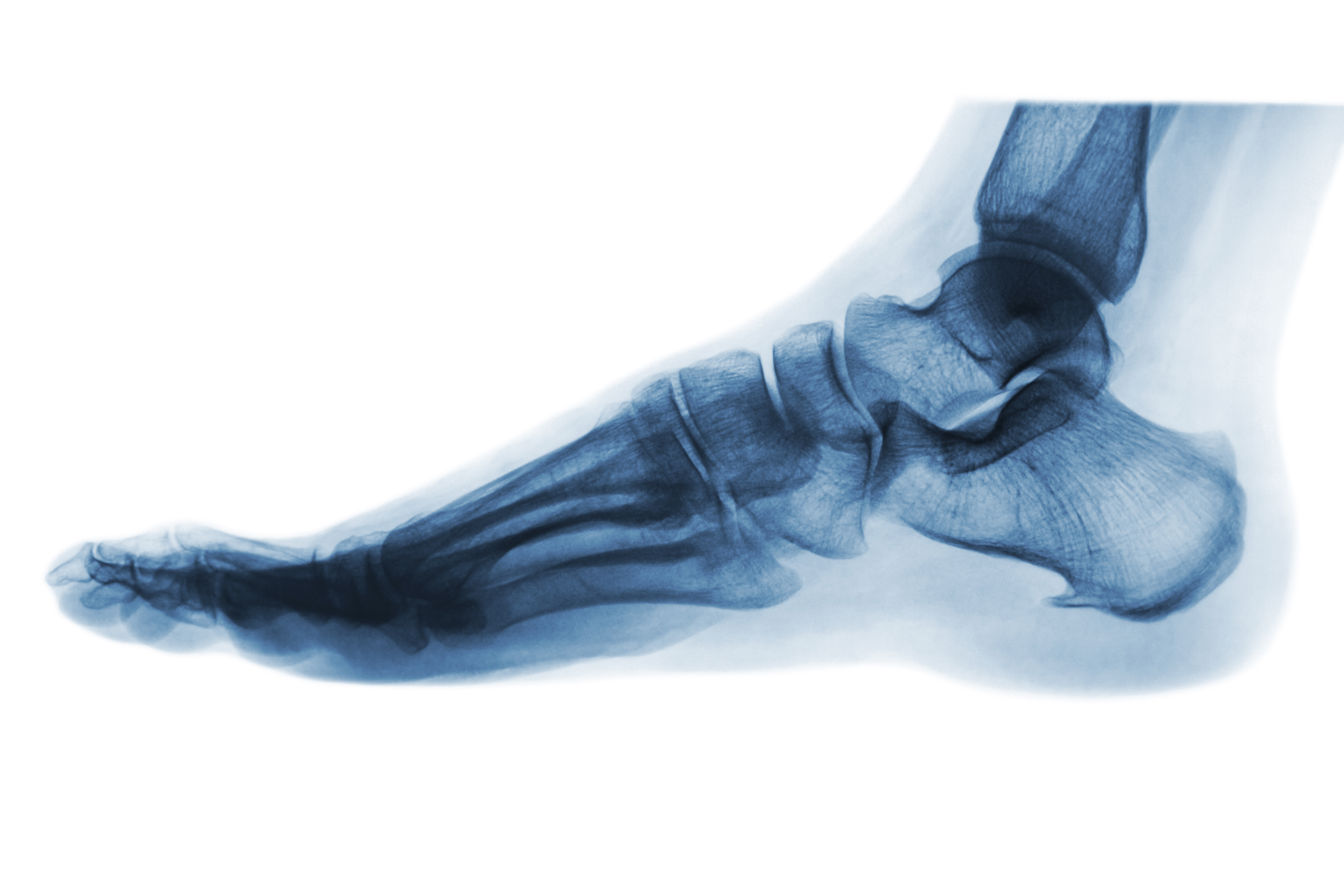Ankle Tightrope

What is Ankle Tightrope?
Syndesmotic injuries to the ankle occur in approximately 10 percent of all patients with ankle fractures, but they can also occur with soft-tissue injuries in the absence of fracture. They usually result from severe external rotation of the ankle, and treatment remains controversial.
Historically, treatment has involved tibiofibular transfixation using a syndesmotic screw. Surgery to reduce and fix the diastasis is recommended to prevent lateral talar shift. But recently, tightrope fixation — a new implant technology involving a fiberwire suture and two buttons — has been introduced.
Tightrope fixation was developed as an alternative to avoid common screw complications. One or two fixation devices can be used, depending on the degree of stability required. The device consists of a fiberwire suture and two buttons — one oblong to enable it to pass through the bone, and the other round to serve as a restraint on the lateral side.
Although no prospective comparison between tightrope and screw fixation has been performed, tightrope fixation has the following potential advantages: allowing physiologic motion at the syndesmosis; lowering the risk of hardware pain; eliminating screw breakage (no screw involved); and permitting an earlier return to motion and activity.
TREATMENT FOR ANKLE TIGHTROPE
After drilling through all four cortices in the transmalleolar axis, the surgeon pulls the needle, with its tightrope and oblong button, from the lateral to the medial side. Once the oblong button emerges, the surgeon flips it parallel to the bone surface and exerts lateral tension to hold it flush. On the lateral side, the surgeon draws the round button tight against the fibula and tightens the sutures.
RECOVERY TIME FOR ANKLE TIGHTROPE
When using screw fixation, screws may be removed 16 weeks after the operation. Recovery time for ankle tightrope treatment is shorter, with a published study finding that patients had higher functional scores at 3 months and at 12 months, with no loss of reduction on computer tomography examination.

